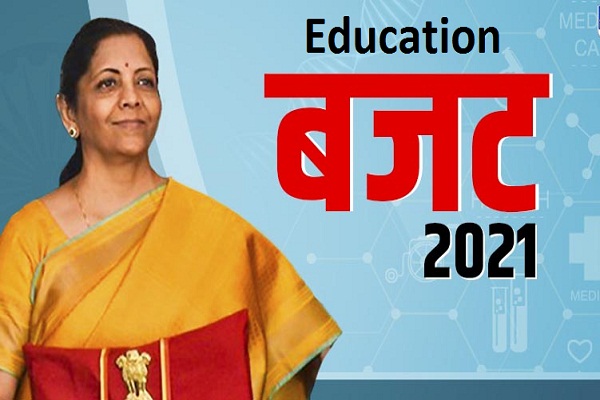Frontlist | Budget: Drop in Education Spending to Widen Digital Divide?
Frontlist | Budget: Drop in Education Spending to Widen Digital Divide?on Feb 02, 2021

Centre plans to reduce spending on education by Rs 6,076 crore from Rs 99,300 crore in 2020.
Bharatiya Janata Party
Budget
Coronavirus Pandemic
Finance minister
Narendra modi
National Education Policy
Nirmala sitharaman
Sitharaman
Union Finance Minister



.jpg)






.jpg)

.jpg)

.jpg)

.jpg)
.jpg)










Sorry! No comment found for this post.